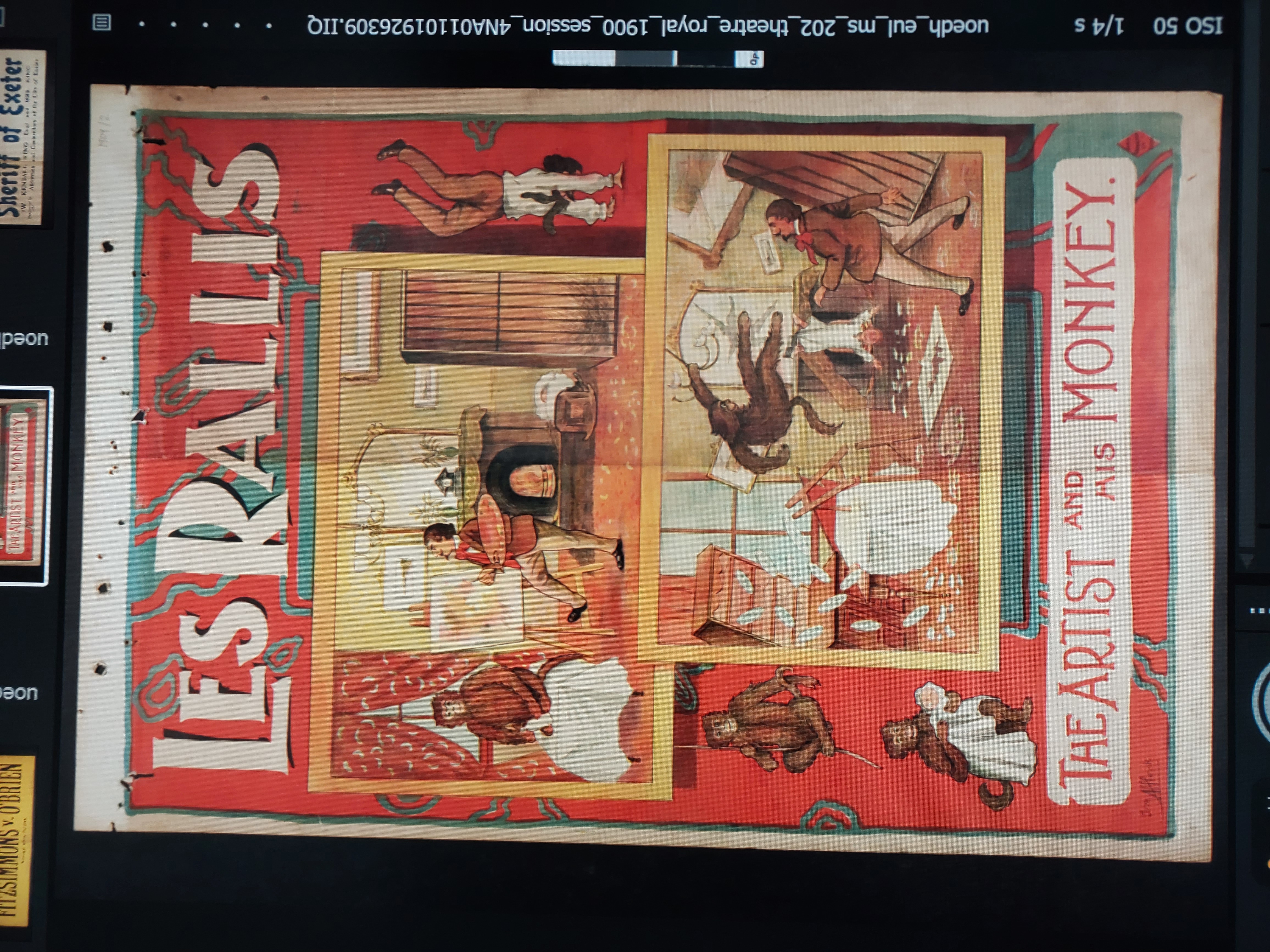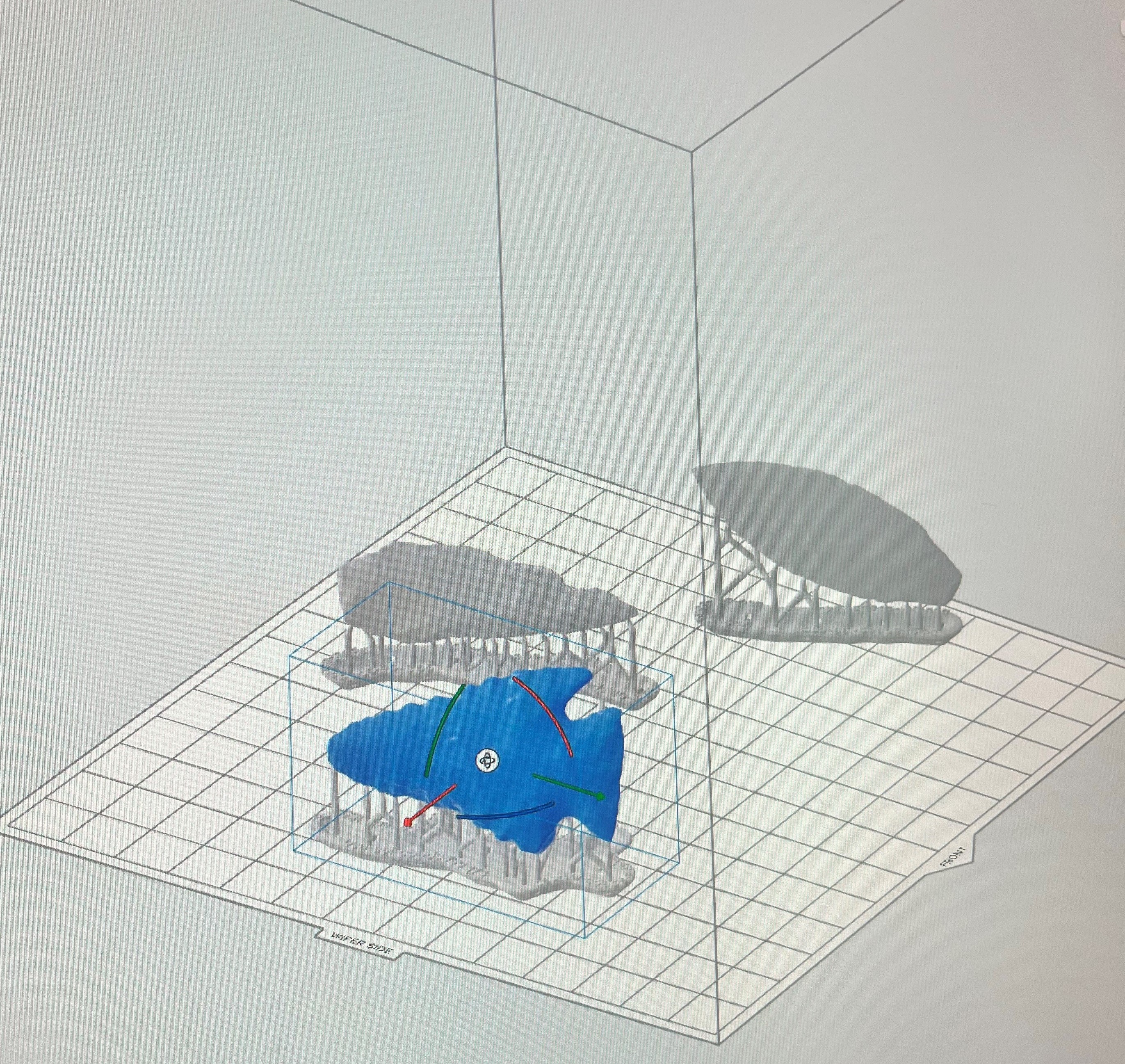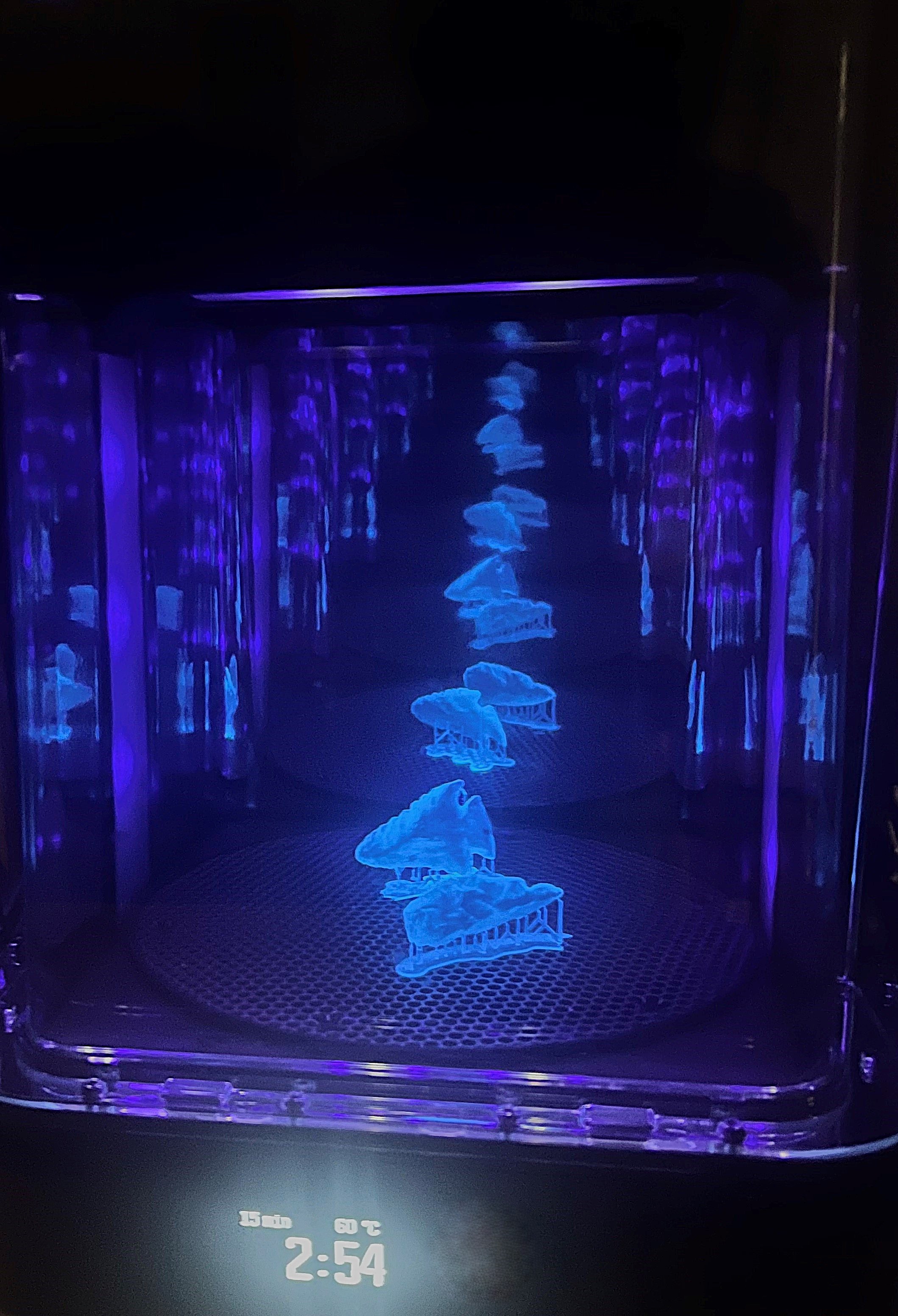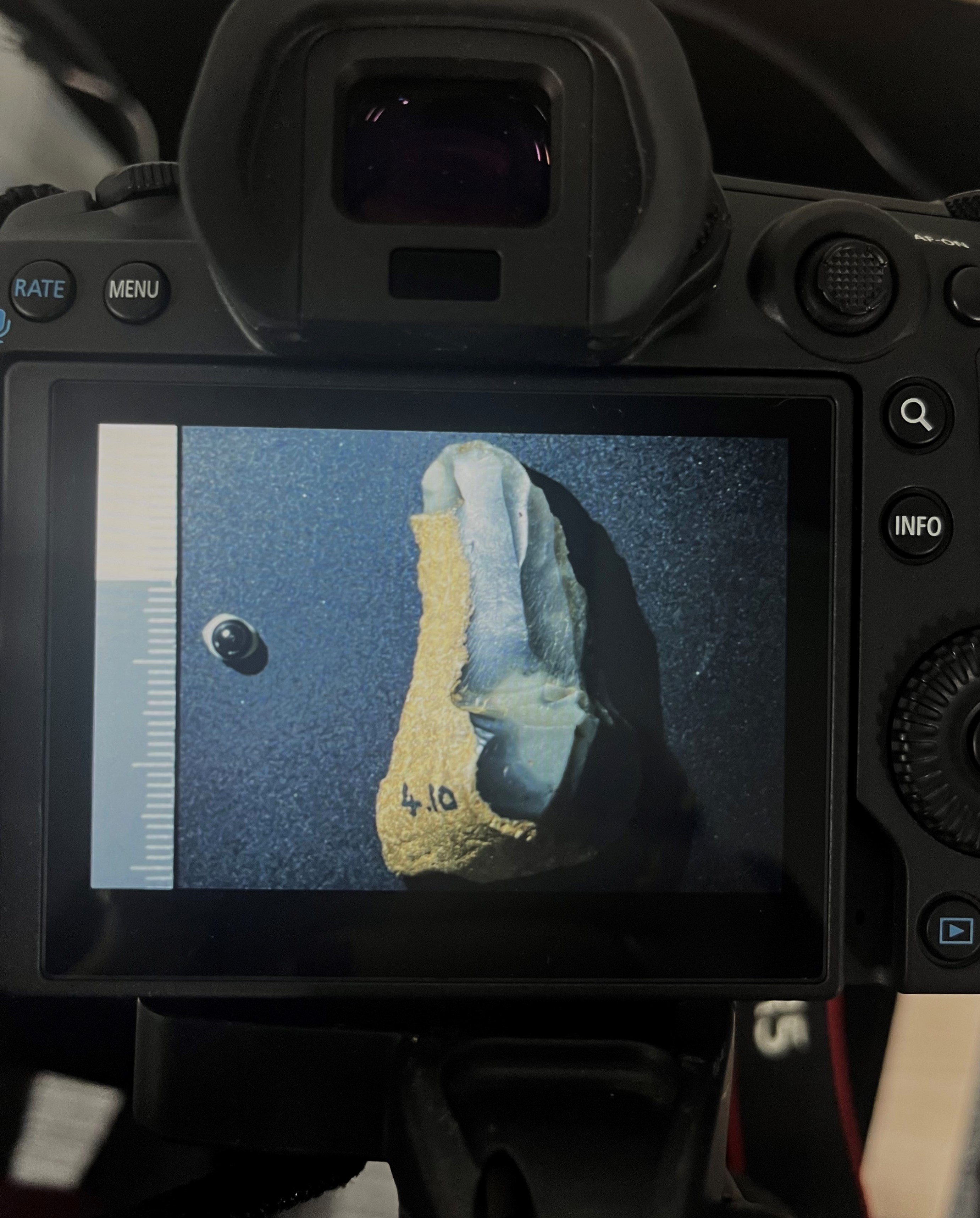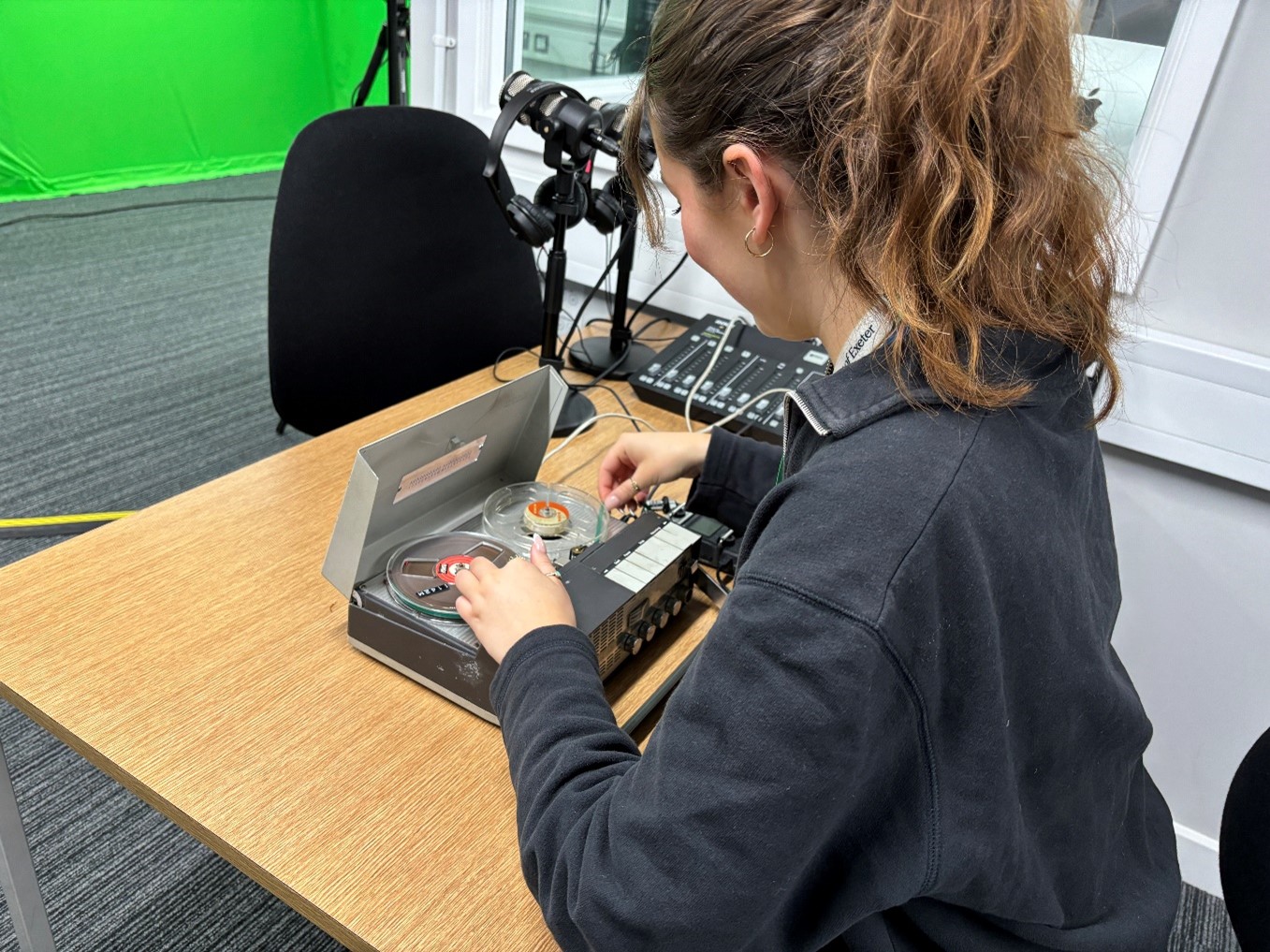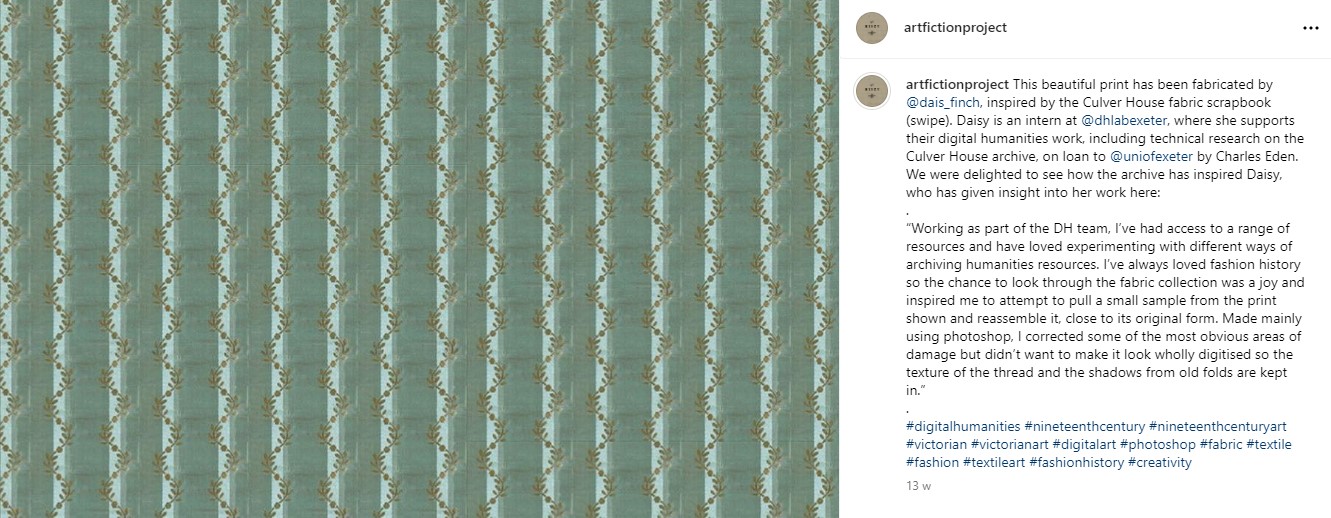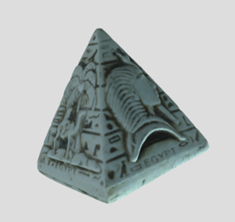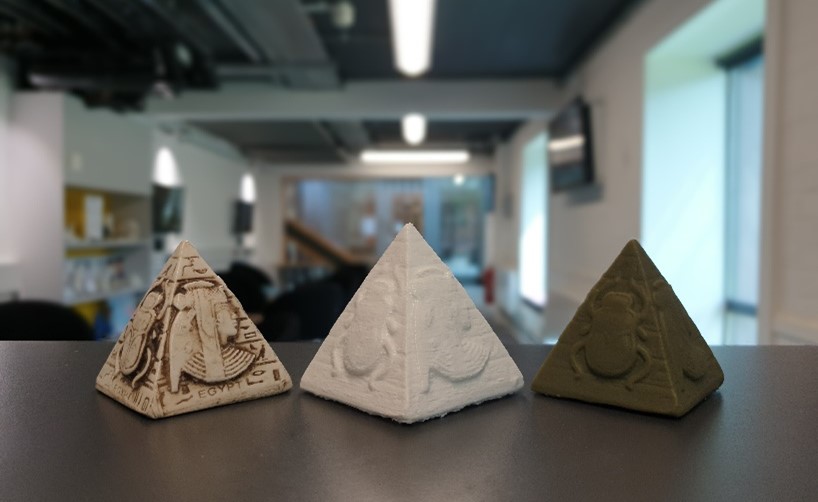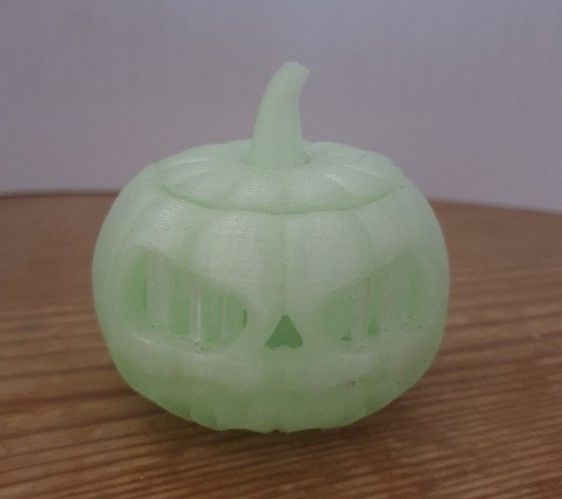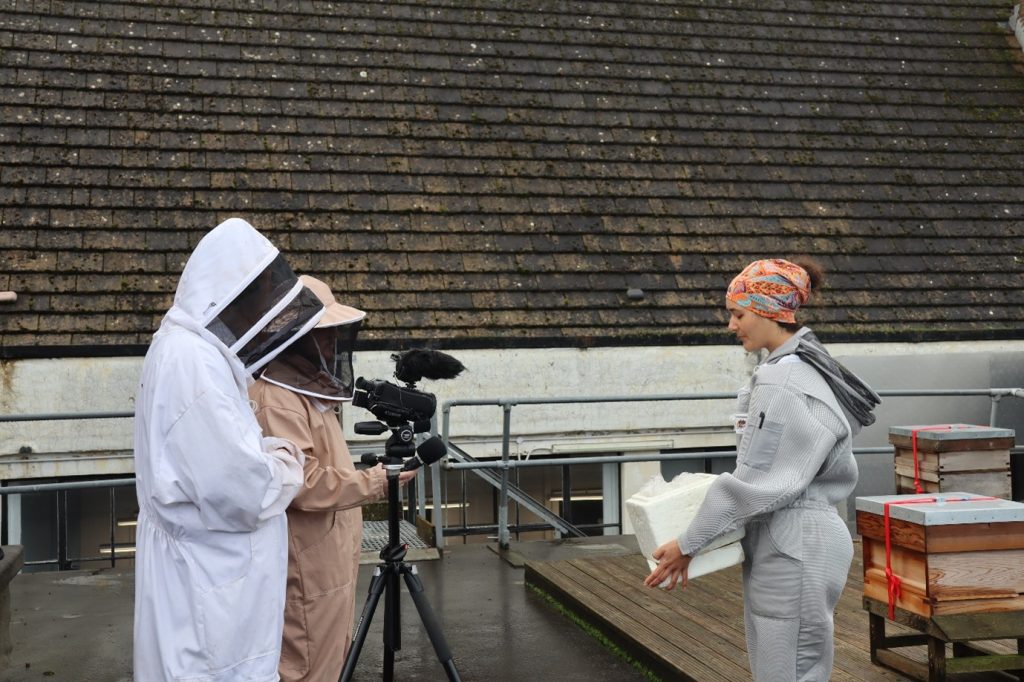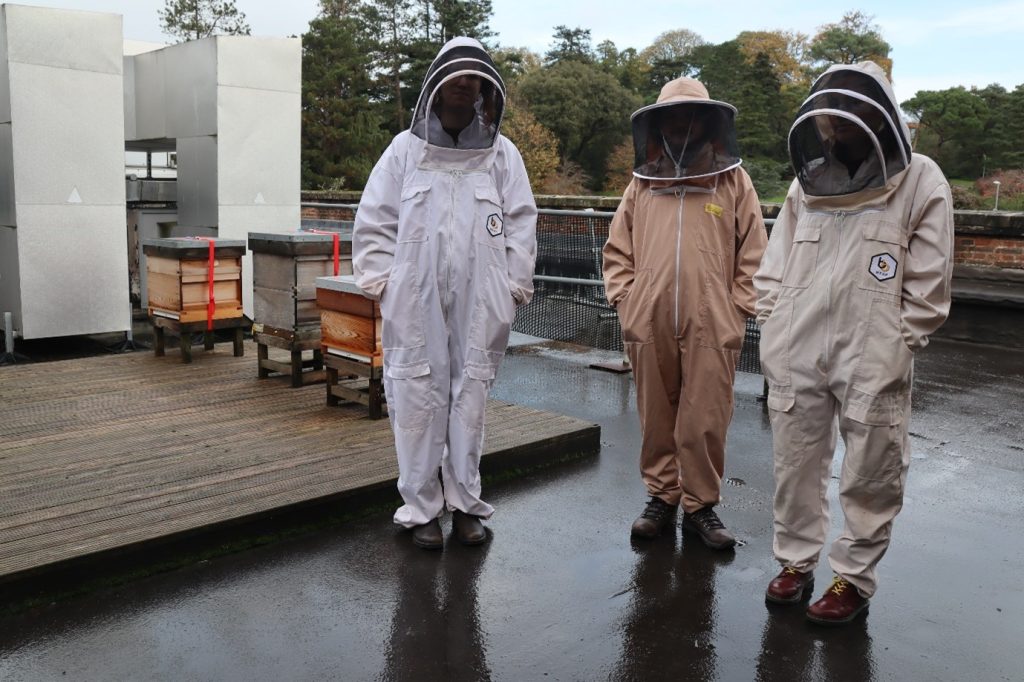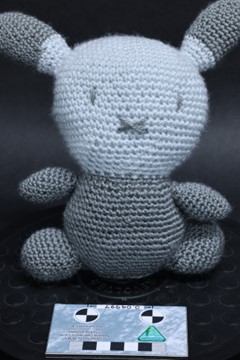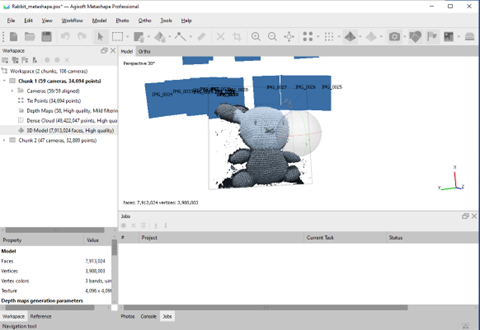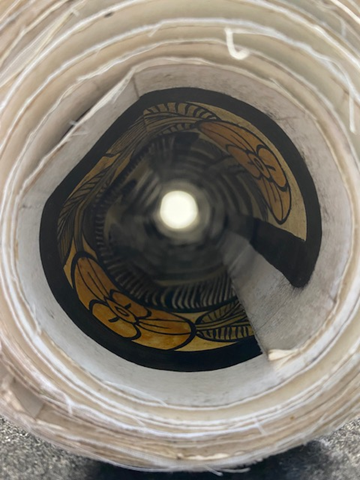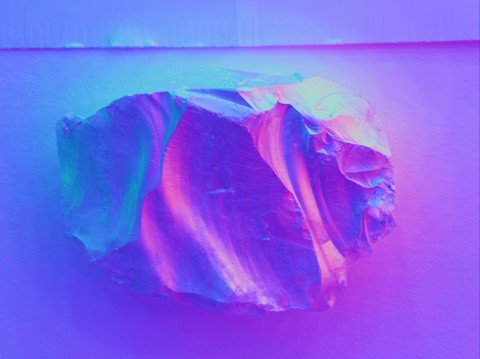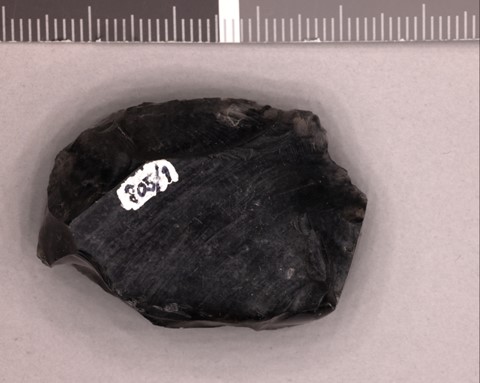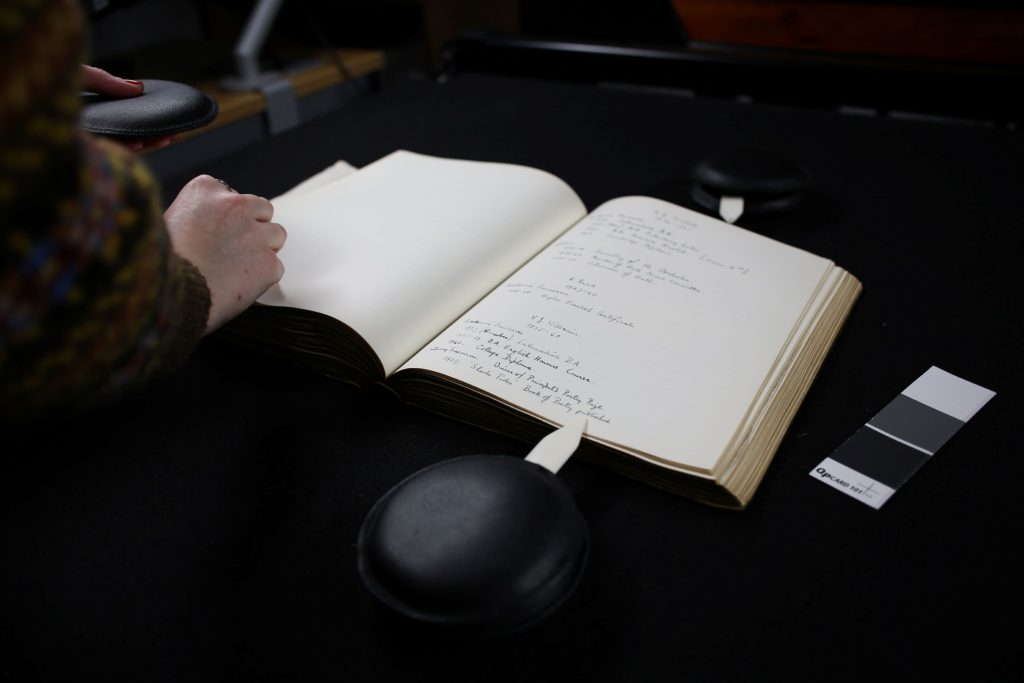Each year we ask our interns to write a post reflecting on their time working in the DH Lab. Here is Sam’s post:
Hey, I’m Sam Harvey, and I’m a third year History and Archaeology student. I could not have imagined how much fun I would have had on this internship, it was an incredible experience, and I am certainly going to miss it when I graduate.
In this role, I have been taught how to use many different digitisation techniques, including photogrammetry and the making of 3D models, Reflectance Transformation Imaging (or RTI), 3D printing and more. The DH Team allow you to specialise into doing the techniques or working with the material that you find interesting or fun, which makes this internship very enjoyable. I personally specialised into working with documents that needed to be scanned and digitised, and artefacts from archaeology teaching packs that needed to be turned into 3D or RTI models, using photogrammetry or RTI respectively.
There are also many different types of materials that I worked on, including artefacts, reel-to-reel tapes, posters, paintings, postcards, photographs, and more. I, along with my fellow interns, have been a part of many different projects throughout the course of the internship, and it was exciting because we never really knew what we were going to do each shift.
I particularly enjoyed working with the collection of playbills from the Theatre Royal in Exeter, as I had always wanted to handle old documents and artefacts, and some of these playbills had the most amazing illustrations on them.
I also really enjoyed working with the archaeology teaching packs, and I produced photogrammetry models of many different artefacts such as metal, pottery, baskets, fibres, bone and antler. Below is one of my nicest models, which is of a piece of antler that has been sliced in half, and you can see it still has a high amount of detail to it.
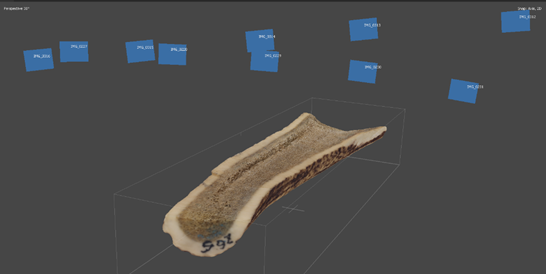
I also made RTI models of many of the artefacts, such as the one below, which is of a strand of fibre from the teaching pack on basketry. I was also encouraged to experiment and make models of my own objects, so I made RTI models of some coins I had.
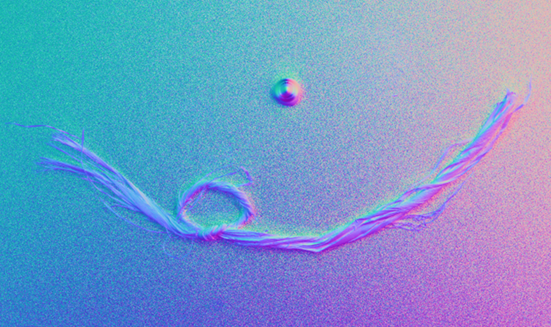
If I ever needed help with these techniques, I never felt too nervous to ask a member of the DH team for help, because they are so understanding, supportive and more than happy to help. Working on the desk was also useful, as it gave me more time to work on these techniques and it allowed me to build my confidence and my ability to help people with queries they had.
Again, I am really going to miss this internship, and I highly encourage anyone with an interest in history, archaeology or preservation to apply for the position, because you won’t regret it! I certainly didn’t!

